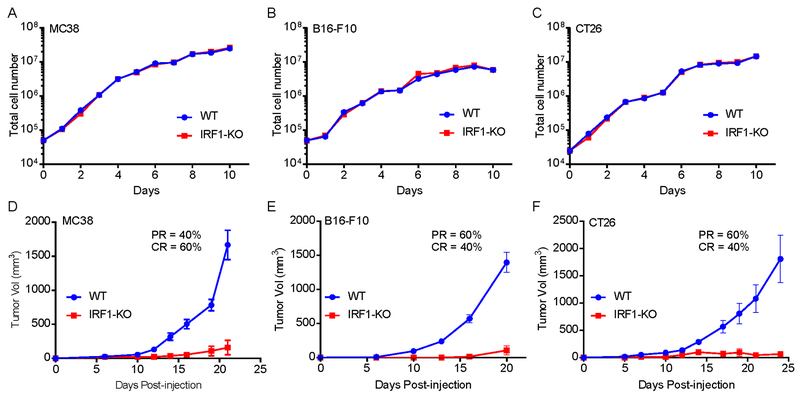Fig. 1: Knockout of IRF1 in tumor cells causes a loss of in vivo tumorigenicity.
(A), (B) and (C) Cell growth rates of MC38, B16-F10 and CT26 WT and IRF1-KO in vitro. Cells were seeded and cultured in 10 wells of cell culture plates, and cell numbers were counted daily (n=3). For each data point mean and SEM were plotted.
(D), (E) and (F) Tumor growth rates of MC38 (n=5), B16-F10 (n=5) and CT26 (n=5) WT and IRF1-KO cells in C57BL/6 and/or BALBc mice. Mice were subcutaneously or intradermally injected with 106 (MC38 and CT26) or 5 ×105 (B16-F10) cells, followed by tumor growth measurements. Representative results from at least twice repeated experiments are shown.

